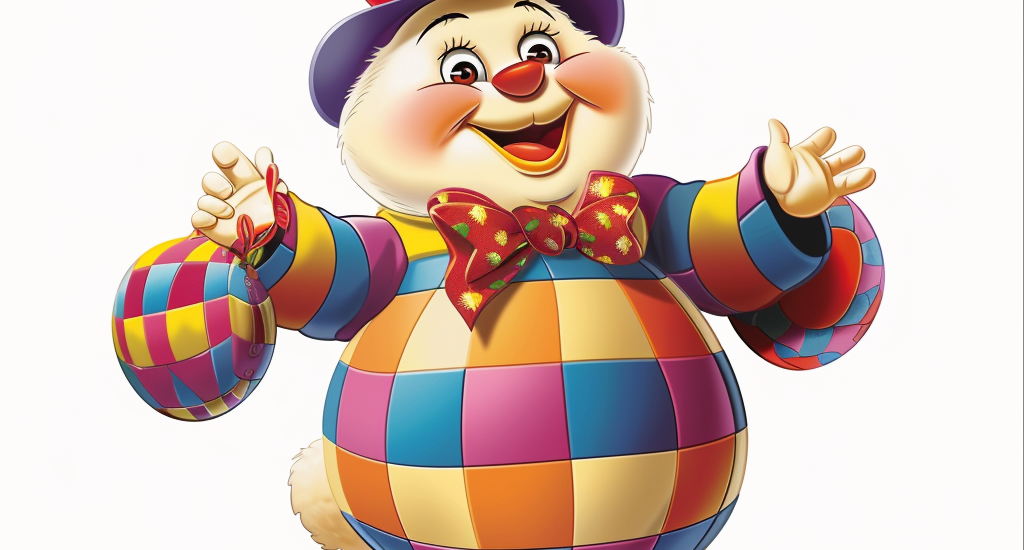


Having a child who is the class clown can be both a blessing and a challenge. Their humor and charisma can brighten up the room, but it can also be disruptive in a classroom setting. The key is to help them understand when it’s appropriate to perform while still encouraging their talent. Here are ten ways to guide your class clown to behave appropriately in school while fostering their love for performing.
Teach your child that there’s a time and place for everything. Explain that while it’s great to make people laugh, it’s important to respect the classroom environment where everyone is trying to learn. Help them understand the difference between appropriate and inappropriate times to joke around.
Clearly communicate your expectations for their behavior in the classroom. Let them know that while humor is appreciated, it shouldn’t interfere with learning. Setting boundaries helps them understand what is acceptable.
Provide your child with appropriate outlets for their humor and performance skills. Encourage them to join drama clubs, talent shows, or other extracurricular activities where they can showcase their talents in a suitable environment.
Use role-playing to practice appropriate and inappropriate behaviors. Act out different classroom situations and discuss the best way to handle them. This helps your child recognize the impact of their actions and develop better judgment.
Praise and reward your child when they demonstrate appropriate behavior in the classroom. Positive reinforcement encourages them to continue making good choices. Highlight specific instances where they behaved well to reinforce what they did right.
Help your child understand how their behavior affects others. Discuss how disruptions can make it hard for classmates to learn and for teachers to teach. Building empathy can motivate them to be more considerate.
Work with your child’s teachers to develop a consistent approach to managing their behavior. Share strategies that work at home and ask for feedback on their classroom behavior. Consistency between home and school can reinforce positive behavior.
Find creative outlets for your child’s energy and humor outside of school. Encourage them to write their own jokes, create skits, or perform for family and friends. Providing these opportunities can satisfy their need for attention in a constructive way.
Help your child develop self-regulation skills. Teach them techniques to calm themselves when they feel the urge to disrupt. Deep breathing, counting to ten, or having a quiet space to regroup can be effective strategies.
Encourage your child to take on leadership roles in group activities. This can channel their energy and charisma into positive contributions. Being a leader can help them see the value of setting a good example for others.
Helping your class clown find the balance between being humorous and respectful in the classroom is a delicate task. By setting clear expectations, providing appropriate outlets for their talents, and reinforcing positive behavior, you can guide them to be both a great student and a talented performer. With patience and encouragement, your child can learn to shine in the right places and at the right times. Happy guiding!